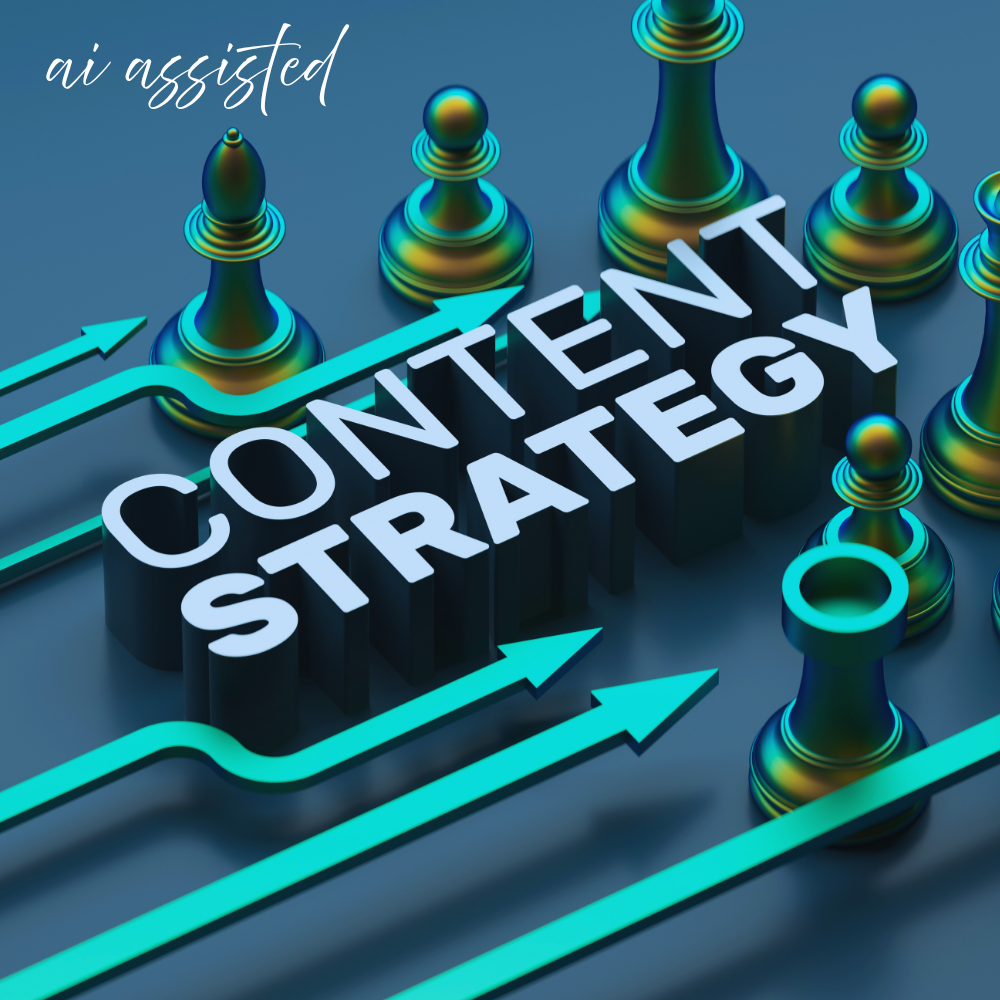AI-Generated Content in 2025: Boosting SEO Without Triggering Penalties
Welcome to 2025, where your content writer might have a silicon brain, and your blog posts are powered by algorithms smarter than your cappuccino machine. AI-generated content is no longer the future — it’s the now. But as with most things in SEO, just because you can doesn’t mean you should — at least not without strategy, moderation, and a healthy respect for Google’s watchful eyes.
In this post we’ll talk about how to use AI content to boost your SEO without falling into the trap of thin content, duplicate text, or robotic ramblings that send readers and rankings a runnin’
The AI Content Explosion And Why Google Cares
AI writing tools like ChatGPT, Jasper, and Copy.ai have revolutionized the way marketers and content creators produce copy. Whether you’re drafting blog posts, writing meta descriptions, or churning out product descriptions at scale, AI helps you do more with less and as you know, much faster.
But here’s the catch: Google doesn’t care how content is created — it cares about what the content offers.
In 2023, Google clarified its stance in its Helpful Content System update: it’s not about whether content is AI-generated or human-written, but whether it’s helpful, original, and people-first.
So yes, you can use AI for SEO but don’t think you can automate your way to the top of the SERPs with zero oversight.
Smart Ways to Use AI for SEO Content – Here’s how to utilize AI as a powerful sidekick
1. Use AI for Research and Outlines
AI is brilliant at distilling complex topics and organizing thoughts. Feed it a blog title or question, and it can give you a structured outline, subtopics, and key talking points. This is especially helpful for building topical authority or clustering keywords.
Tip: Start with an AI-generated outline and build in your expertise like anecdotes, case studies, or insights the AI couldn’t possibly know (like that client meltdown in Q3 of 2022).
2. Let AI Write the First Draft, Then You Edit and Personalize
Treat AI like your intern, not your ghostwriter. Let it handle the first draft, but polish the final product with your brand voice, formatting, and a little sass or soul. Even a small edit to tone and structure can make a big difference in engagement and ranking.
Editing AI content helps avoid duplication and ensures originality which as most know is a key Google ranking factor. So editing is essential.
3. Optimize With Keywords Naturally
AI tools can incorporate keywords, but they may go overboard or stuff them awkwardly. It’s important to guide the tool by specifying primary and secondary keywords, then review it for flow. Keyword stuffing is very 2011 and has been a big no-no for years.
Common AI SEO Pitfalls to Avoid
Before you hand over your entire blog calendar to the bots, beware these common traps:
Thin Content
Google still hates content that’s vague, unoriginal, or offers no value. If your AI writes a 500-word blog post that says the same thing as a hundred others, expect little to no SEO traction.
Duplicate Content
While AI tools don’t plagiarize directly, they sometimes recycle popular phrasing or generic structures. Run your content through plagiarism checkers and be sure it reflects your point of view.
Lack of E-E-A-T
Google’s concept of Experience, Expertise, Authoritativeness, and Trustworthiness still reigns supreme. AI can’t replace lived experience or niche authority. Include quotes, author bios, original data, or first-hand insight to show you know your stuff. This is likely something a lot overlook, even your marketing agency – so if you notice that your blogs sound very canned and there is no personal touch to them, don’t be afraid to bring that to their attention. Or you can just call us and we’ll right the wrong 😉
What About Google’s Penalties?
There’s no blanket penalty for AI content but Google does penalize low-quality content, regardless of its source.
You’re safe if your AI-assisted content is:
Useful and informative
Written for a specific audience
Free from fluff, filler, or repetition, which can be tricky if you are shooting for 1500-2000 words
Edited for clarity, tone, originality and personal touches
If you’re spitting out 200 blog posts a month with zero human oversight? That’s when you risk disappearing into the page 10 abyss
Our Final Thoughts Here: Use AI Intelligently and Not as a Shortcut
In the SEO game of 2025, AI is a game-changer — but not a free pass. The best strategy? Use AI to enhance your workflow, not replace it. Blend automation with authenticity, and remember: people (and Google) reward content that feels human. Because in a world increasingly run by robots, sounding like a real person might just be your biggest SEO advantage.



